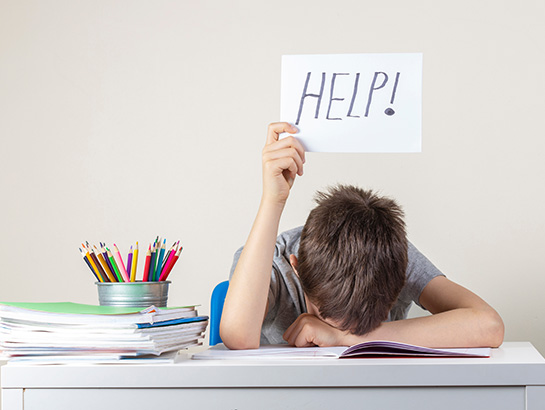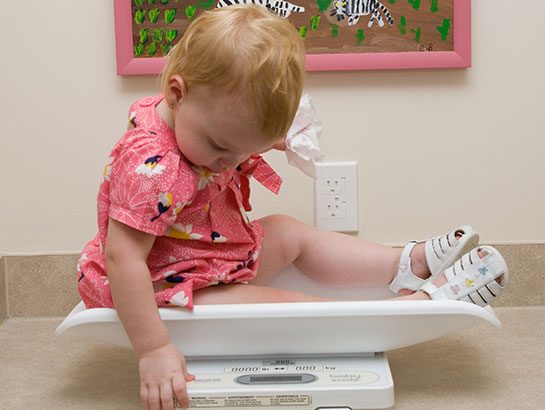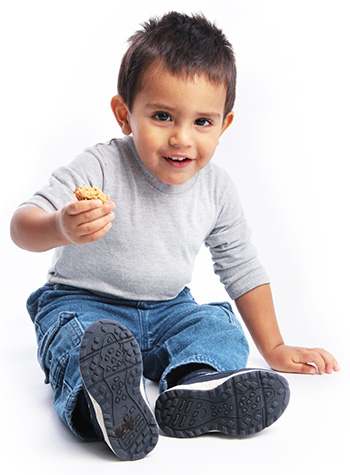Inclement Weather / Office Closure
 In the event of inclement weather, our office has decided to follow DISD school closure. If DISD closes, we will delay opening until we feel the streets are safe for travel. We will close for the briefest period of time possible, but our top priority is the safety of our employees and patients. How DISD determines if school is closed: http://www.dallasisd.org/Page/150
In the event of inclement weather, our office has decided to follow DISD school closure. If DISD closes, we will delay opening until we feel the streets are safe for travel. We will close for the briefest period of time possible, but our top priority is the safety of our employees and patients. How DISD determines if school is closed: http://www.dallasisd.org/Page/150
Classes will not be held if it is determined that buses are unable to operate safely; if electric service at schools is disrupted; or if natural gas to schools is curtailed.
The procedure for making the decision to close schools begins early in the morning when school personnel in each area of the city drive the streets near the neighborhood schools to check road conditions. Personnel confer with the weather bureau, police department, and gas and utility companies about forecasts, road conditions, and available energy for heating the buildings. The findings are reported to the superintendent of schools, who makes the final decision to open or close schools. For up to date information visit our Facebook page.
For information about what to do if the office is closed, visit our After Hours page.












